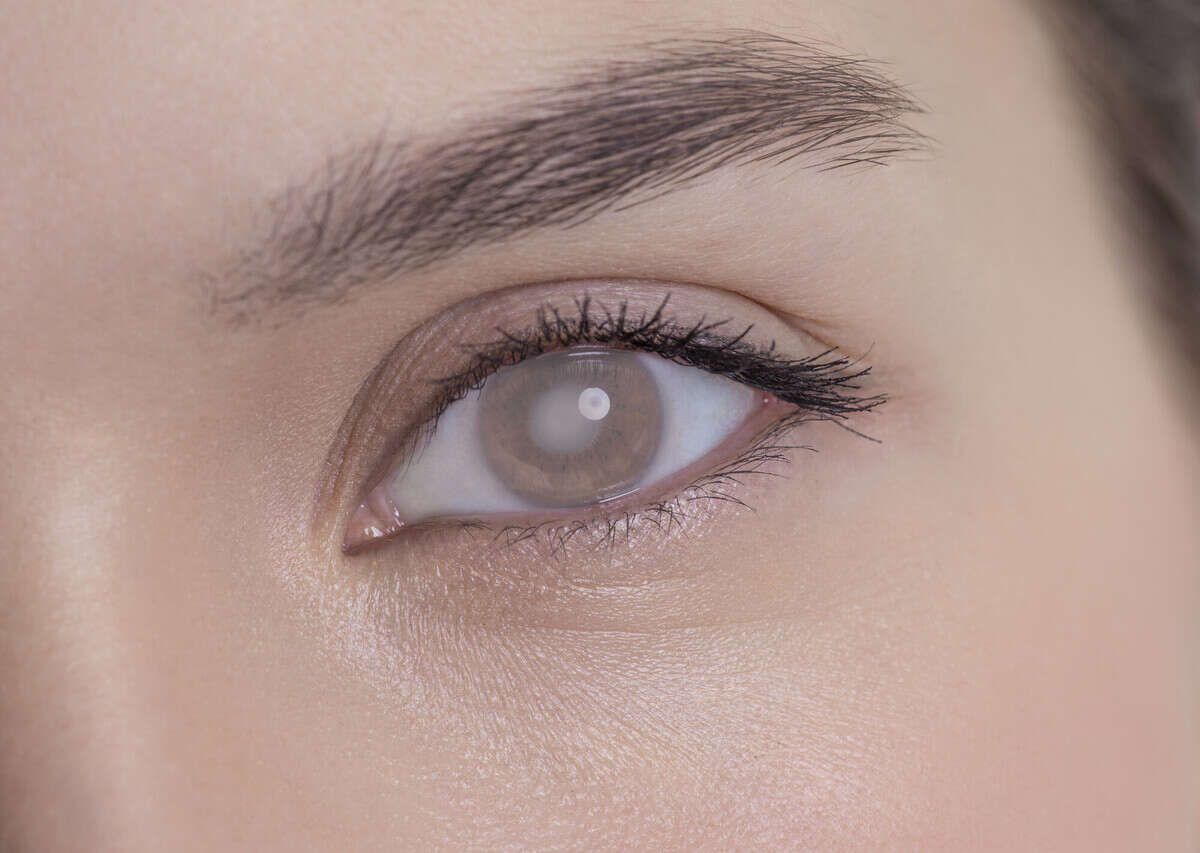
Around the world, there are about 10 million cataract surgery procedures done every year.
The reason that it is so popular is that a large portion of the population will develop cataracts by the time they are 80. Many people will actually be dealing with it at a much younger age. When this happens, it is common that someone will want to undergo cataract surgery in order to be able to see better.
However, the surgery is not something that only takes a day to get better. So what is it that you can expect during cataract surgery recovery?
Keep reading to learn more about everything you need to know after you get the surgery done.
What to Expect
Just like with any surgery, you need to know exactly what to expect when you leave the procedure and what comes next. Because cataract surgery ‘involves a very important organ and also involves replacing that organ with an artificial one, it is pretty invasive.
That means you can expect the recovery period to take anywhere from one to two months.
During recovery, there are a few things that you are going to be asked to do by the surgeon. If you want to have the best recovery possible, it is very important to follow these instructions carefully. Here are a few you will be doing.
Eye Drops
Your surgeon and optometrist are going to recommend a specific prescription eyedrop to use after surgery. This is a specific type of antibiotic eyedrop to prevent any type of infection after the surgery. You may also end up getting steroid eyedrops to reduce any inflammation.
You should only be using these eyedrops as suggested, not when you think that you need them. This is an important conversation to have with your doctor before having the surgery itself. You also need to have a conversation about when you should stop using the eyedrops.
Activity
Even though the surgery is being done to your eyes, you still need to limit your physical activity. Your eyes are not going to be able to do as much as they usually can, which can make certain physical activities really difficult and almost impossible.
As you continue to heal on your journey to recovery, you can have more conversations with your doctor about the activities you can do.
Protection
It is important to talk to your surgeon about what type of eye protection you should be using. They may recommend using eye protection when you bathe, at night, and other specific situations that you discuss. If you are unsure about anything, be sure to ask to improve your healing.
Go to Your Appointments
After surgery, you are going to have frequent appointments with your surgeon. It is important to go to every single one of these so that they can monitor your healing. After that, the appointments will start to be more spread out.
Things to Avoid After Surgery
There are a few things that you definitely do not want to be involved in after cataract surgery. Here are a few of them to avoid.
Do not do any strenuous activity that shakes your eyes a lot. Do not go swimming or in any water. This includes showers and baths.
You also have to be careful about what activities you do that may strain your eyes. This could involve driving or even staring at a computer all day. It is best to limit these activities.
Things to Do After Surgery
If you want to promote your healing, there are a few things that you can do after surgery to speed up the process. For instance, you need to use the eyedrops as prescribed. Additionally, you should also get plenty of rest at night so that your eyes can heal.
You also need to avoid stress and practice mechanisms to reduce this in your life to help the healing process go faster. Consider journaling or practicing different types of mindfulness to reduce stress.
Timeline of Recovery
So what can you expect in terms of different stages of recovery?
In the first 72 hours after surgery, you are going to have blurry vision. You are also most likely going to feel as if something is in your eye.
Within this first week, you will see the doctor again to look at your progress and determine the next steps.
After two weeks, you’ll have another appointment. At this point, you should be seeing more clearly. If your vision has gotten any worse or you are experiencing pain at this point, you need to call your doctor.
After a month from the date of surgery, you are most likely going to be back to most activities you could do prior to surgery. This is when you will have the ability to back off any medications that you are on at the time.
Getting Cataract Surgery in Austin
If you have been having discussions with your doctor about getting cataract surgery in Austin, it might be time to get it on the schedule. You need to figure out at what point in your life you are able to have a couple of weeks without much activity. This will increase the likelihood of a quick recovery.
Ready to get started? You can book an appointment with us to talk about cataract surgery and what it can do for you as well as what will happen after the surgery itself. We look forward to clearing your vision and improving your life!
